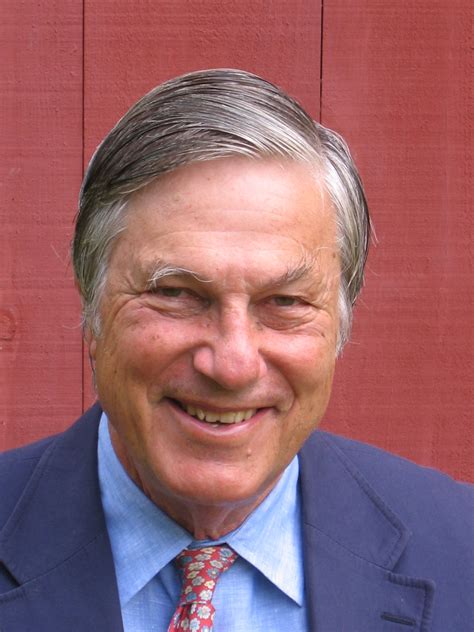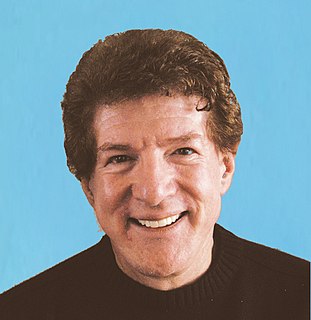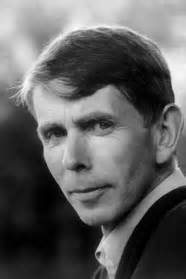A Quote by Leslie Jamison
One of the big ways in which I felt my own writing life shaped by recovery had to do with my relationship to other people's stories. And one of the things I loved most about recovery was the way in which, in meetings and through fellowship, you are constantly kind of paying attention to lives outside of your own.
Related Quotes
Your worst parts of your life, the things that you're ashamed of will become your strongest assets in a very quick amount of time. And the implication in that is your story is all that you have so passing it on to someone else who is struggling behind you coming up the ladder helps them. And so in the spirit of service in recovery we often talk about the power of our own stories to connect with other people and show them that they too can get well. I have found that not only is that true in the recovery world, but it is true in the social world in the social milieu in which I exist.
I want people with epilepsy to know that there are ways in which they can play a role in their own recovery. It's all in how they approach what is happening and how they can use that as a catalyst for their own growth. If there's one thing that I've learned, it's that people are willing to embrace you if you share your story.
Life is not bad, and it doesn't look more real if it's ugly or it's gritty. Think of your own life. Most of what's in your own life, hopefully, is exactly that. Friendship and love and passion for movies and cartoons and comic books, whatever it is that you love. Most of the way we live our lives involves looking for pleasure and beauty and happiness and affection. Real artists don't use reflexive clichés about things. It's about honoring the reality of people's lives, which defies conventions and clichés and expectations. People are interesting, period.
Being the youngest, I constantly have that insecurity of being the youngest, which ultimately is probably my drive. in a lot of ways. In terms of as an artist, the way we could communicate as a family very clearly was through movies and through acting, and when things became complicated with all of our own personalities, that's where we are most clear. I think that's also where we are most brutal with each other as well.
Long before I became a feminist in any explicit way, I had turned from writing love stories about women in which women were losers, and adventure stories about men in which the men were winners, to writing adventure stories about a woman in which the woman won. It was one of the hardest things I ever did in my life.
I believe art is utterly important. It is one of the things that could save us. We don't have to rely totally on experience if we can do things in our imagination.... It's the only way in which you can live more lives than your own. You can escape your own time, your own sensibility, your own narrowness of vision.
Our lives become the sum of all whom we have loved. It is important not to waste anyone. One task of living out the last half of life is excavating and recovering all of those whom we loved in the first half. Thus, the recovery of lost loves becomes an important way in which the past affects the present.
I like stories where people have to face some big demons internally. It always seems to be an element of horror, because it's pretty scary to have to face yourself and the things you're most worried about: your own abilities and your own capabilities and your own level of competence in being a hero.
So I found myself telling my own stories. It was strange: as I did it I realised how much we get shaped by our stories. It's like the stories of our lives make us the people we are. If someone had no stories, they wouldn't be human, wouldn't exist. And if my stories had been different I wouldn't be the person I am.
God helps me for sure every day and at every contest. I broke my hand and had to get surgery on it. The recovery was really frustrating because I had to skip three weeks at the beginning of the season. But I flipped it around and took it as a blessing. I said a lot of prayers and just asked God to do His thing. I did other things to compliment the recovery like getting the right sleep and taking care of my body. But I went back to the doctor after four weeks and he was ecstatic about the recovery of my hand. I take that as a tribute to my faith and my belief in doing the right things.







































